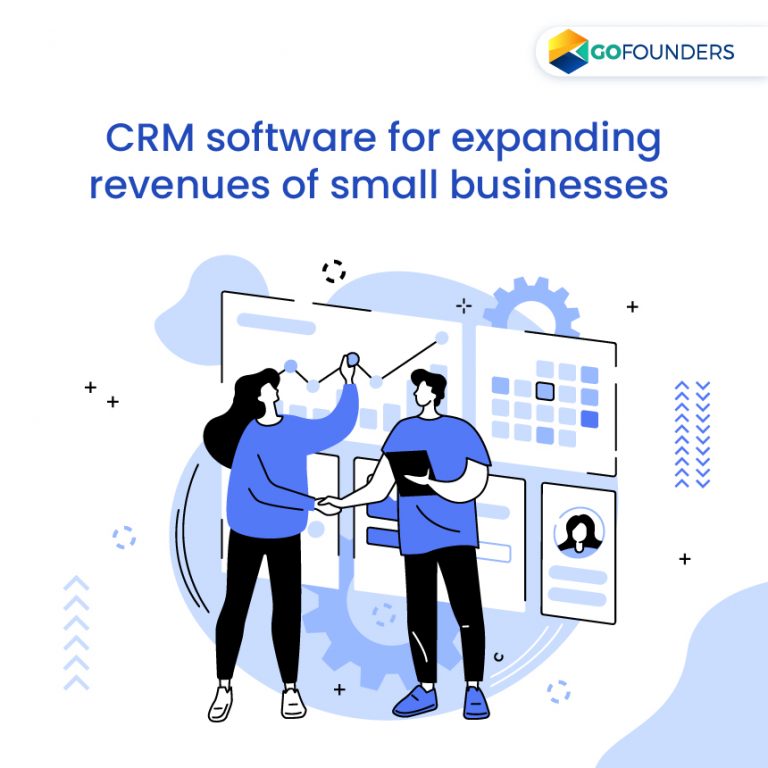
Every business entity strives towards making profits. Well, who doesn’t like to make profits? However, as a small business entity, you must acquire operational efficiency before you think of making business profits.
Nevertheless, what does it take to achieve operational efficiency? You must require tools and techniques to achieve desired operational efficiency and earn profits for your business.
The CRM software for small businesses is one such tool that helps you manage your daily business tasks. Also, it combines different operations to let you improve efficiency.
This article will shed light on the applications of CRM software for small businesses in expanding their revenue.
Developing a central business hub
As a business entity, you are in constant need of making multiple decisions or executing multi-tasks. However, most often, if not always, these tasks or activities have conflicting nature that requires you to switch constantly between various operations.
A CRM software facilitates a central business hub to let you manage all the business operations from a single interface. This way, it becomes very easy for you to streamline various business activities and pace up the execution of various tasks.
Measuring various aspects of your business
As per the Pareto principle, 20% of all your actions directly imply 80% of your success. Thus, what actions you take has a more significant role to play in your performance. As a small business, you often fall short of resources. So how well you utilize those resources becomes crucial.
You must invest your efforts in getting insights into all your activities, checking their progress, identifying challenges and overcoming them as you move along with the process.
You might need to extract reports, gather essential data out of them, draw insights, and apply them to various processes.
The CRM platform can help you with this as well. It is integrated into your live business activities. Thus, you can receive more accurate and up-to-date data. It also offers you a holistic picture of your entire business operations.
Creating a well-defined workflow
Operating a business is more of maintaining a definite workflow. You cannot blindly depend upon random inputs and achieve operational efficiency. You must have a well-defined workflow that helps you with scalability and optimizes the various activities to improve your business revenue.
However, to acquire the desired scalability, you must automate all those repeating activities that consume a lot of your time. For that, you need to understand each part of your business activities. With this understanding, it becomes easy for you to create a workflow that efficiently manages different processes.
A CRM analysis helps you categorize the entire business cycle into pre-sales, sales, post-sales and customer service operations. Then CRM systems segregate each of these processes into a bunch of connected activities. That’s how you can maintain a well-defined workflow for your business activities.
Concluding Thoughts
A small business entity is often presented with challenges of resource crunch. However, this challenge can be surpassed by attaining operational efficiency and acquiring desired business growth. A CRM system for small businesses is a great tool that offers a unified platform to enable you to manage the multiple verticals of business operations. Once you achieve control over multiple business activities, it becomes easy for you to upscale your business operations. Thus, you as a small business owner must consider CRM software to let your enterprise grow and prosper.


